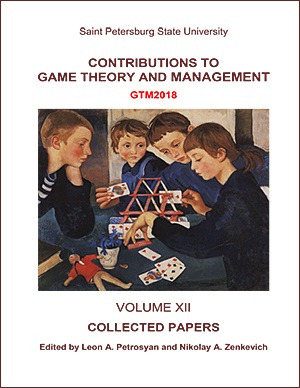The Problem of Supply Chain Profit Maximization Using Sales Rebate Contract
Abstract
The paper considers the problem of supply chain profit maximization using the sales rebate contract. The problem solving is proposed for the two-echelon supply chain model with risk-neutral partners and the assumption of triangular distributed demand. It was shown that the sales rebate contract is not coordinating, as it does not provide the individual rationality for the supplier. The authors considered conditional coordination of the supply chain with sales-rebate contract, when the expected profits of the supply chain and the retailer reach their maximum, and the supplier’s expected profit is greater than for the case of the wholesale price contract. It can be argued that the sales-rebate contract implementation under certain conditions is beneficial for both partners involved in the supply chain and provides the maximum of the supply chain expected profit. It was approved that the problem of supply chain profit maximization can be solved using the sales rebate contract.
Keywords:
supply chain, profit, coordinating contract, sales rebate contract
Downloads
References
Downloads
Published
How to Cite
Issue
Section
License
Articles of "Contributions to Game Theory and Management" are open access distributed under the terms of the License Agreement with Saint Petersburg State University, which permits to the authors unrestricted distribution and self-archiving free of charge.




